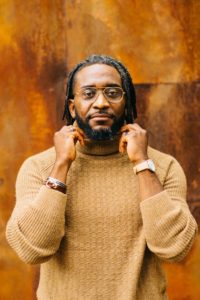
Is Kanye West’s “Donda” a Gospel Album?
Kanye West is an internationally known Grammy award winning artist. His politics, public life, and his self-promotion have stirred up controversy and interest in many circles.
His recent return to Christian themes in his music and beyond leaves his audience inside and outside of the church consistently confused and curious. Kanye West’s tenth album “Donda” honors his late mother Donda West, who was chair of the English Department at Chicago State University. It debuted in late August to mixed reviews, some celebrating the album as a show of Kanye’s continued musical genius and others hearing the 27-track album as an incoherent and exhausting tribute that actually focuses on Kanye himself.
“Donda” is now one of the highest-grossing albums of all time in the gospel/Christian category, and the most-streamed album ever in both categories, according to Billboard. In response to its success, some Christian public figures gave kudos acknowledging their work with or appreciation for West. Others expressed disdain at his dominance in Christian art spaces when his music is still deeply secular. The album features some very popular secular artists, accused criminals, gang members, and even a known atheist alongside choirs and Christian artist writers. But many believers are still asking: is Kanye West’s “Donda” album a gospel album? To answer, we have to consider several other factors.
Is it a commercial genre question?
If what makes music “gospel” is what the most established and profitable record labels, music hosting sites, and awards say, then “Donda” is gospel music and Kanye West is now a gospel artist. In one sense, this would be brilliant and expected on Kanye’s part. He has claimed that he is the greatest artist of all time, period, and he has been breaking and bending genres throughout his musical career. He has sampled, collaborated, and made music that fits comfortably in multiple genres, gaining fans from pop, electronic, dance, hip hop, R&B, rock, and now gospel circles. Kanye West now has won Grammys in the rap, contemporary Christian, R&B, and “Song of the Year” categories, which means he is recognized as one of the best artists and producers in several genres. But many Christians don’t take the music industry’s word as gospel on the subject.
Is it a format question?
Kanye West did not use curse words or explicit content in “Donda.” He even censored his guest artists. The album is “clean” for that reason–it doesn’t have any content that has solicited a parental advisory warning as his past albums have. But is the lack of explicit content what makes an album “gospel?” Most people would answer this question with a resounding no.
Is it a thematic content question?
This is where the rubber meets the road. What makes an album “gospel” should have something to do with its content. And Kanye surely titles tracks with references to God, the Lord, and Jesus on the album. He uses Christian language of forgiveness, mercy, grace, Holy Spirit, miracle, Lord, pray, sin, angels, demons, heaven, and hell. He talks about Christian themes such as redemption, grace, love, and judgment. But he also talks a lot about himself: his struggles, his success, his opponents, his view of the world, and his life in general. These themes could be labeled “inspirational” and not Christian if it weren’t for the mentions of Jesus. It could be said that not much has changed in that regard. He always talked about those same themes, but his previous albums were labeled rap or hip-hop. Music fans remember “Jesus Walks” from his first album “The College Dropout,” which won him a Grammy and stirred the secular/gospel conversation then. Was Kanye always a gospel artist? Was he a gospel artist when he did wrote “Jesus Walks” but not when he did wrote “Yeezus” or “Father I Stretch My Hands?” Is he on a long faith journey, or did he just have a recent conversion experience? If theology matters, a gospel album should share the Good News of Jesus Christ.
A Gospel album should lead people to Jesus. “Donda” is not focused on that. Jesus is clearly present, but as a savior from Kanye’s problems, not necessarily as the Lord trying to reach all people.
So why is Donda not categorized with Hip-Hop or Rap albums as all his previous albums were? The question is hard to answer. Christian Hip-Hop artists from Lecrae to Andy Mineo, Verbal Kwest to Cross Movement, KB to Da’Truth, Canton Jones to others have also found themselves categorized with Gospel and Contemporary Christian instead of Hip Hop. But their music is usually Biblically grounded or an effort to talk about Christian life. Is Kanye West in the same category? If we compare what Kanye has done on Donda with late 1990s or early 2000s Christian Rap we could easily say no. Many Christian Rap albums during that period were explicitly quoting scripture, referencing theology, and focused on sharing faith in Christ through Hip-Hop. But in recent years, Christian rappers have had more songs about life that pivot back to faith than songs about their faith, and Kanye is doing something closer to that with Donda.
Is it a theological question?
“Donda” has no clear biblical narratives shared, even though the Bible is referenced multiple times and tracks are named after biblical figures. In almost every instance where God is mentioned on the album, it is a prayer for saving Kanye, or an affirmation that God helps Kanye beat sin and the devil. But Kanye also spends much of the time talking about his own greatness. It is hard to tell what is irony, what is genuine, and what is an artistic tool. That is what gives me pause on whether this is a gospel album. But as a modern complex personal narrative of redemption by God, I think Kanye’s album works.
It is as hard to tell if Kanye West’s “Donda ” is gospel album as it is to determine if Kanye West’s desire to share his Christian faith is genuine. But he has been authentic although conflicted while sharing his thoughts throughout his career. When he spoke at Lakewood Church in Houston in 2019 alongside the pastor Joel Osteen, he said “I know that God’s been calling me for a long time and the devil has been distracting me for a long time. When I was at my lowest points, God was there with me. Inspiring me and sending me visions.” He followed that with, “Following the Bible can free us all. Jesus can set you free.” This seems to be a fair encapsulation of his theology at this point in his Christian walk. Kanye knows Jesus as a Savior but seems to be unsure or unaware of what it means to follow Him, even though he knows it’s in the Bible.
What makes sharing the Gospel authentic?
So what makes sharing the Gospel authentic? Those questions have plagued Christians for centuries. We read the leaders of the early Church warning against false preachers, prophets, and teachers in the scriptures. We hear them clarifying doctrine that defines authentic Christianity. Were the false teachers in the early church Christians or just self-promoters? We get clear answers in scripture for that.
But after biblical times, things get fuzzier. What about Constantine, the first Christian Roman Emperor? Were the people who were subjected to Christianity by their rulers really Christians? What about the slave owners? Traders who colonized Africa and Asia? What about people who are racist or bigoted? People who have theologies built on fear? People who commit crimes? Are people who say they are Christian but don’t engage in Christian behavior actually Christians? Does anyone get to decide the truth of someone else’s faith? Is sharing a personal testimony of redemption by Jesus the same as sharing the Gospel?
Kanye West offers a message of redemption from sin answer in the song “Jail,” one of the most compelling on the album. He says:
“I’ll be honest, we’re all liars.
I’m pulled over and I got priors
Guess we goin’ down, guess who’s goin’ to jail?
Guess who’s goin’ to jail tonight?
God gon’ post my bail tonight.”
In conclusion, is “Donda” a true “gospel” album? Although the commercial genre labels say yes, from a theological standpoint, I have to say no. It is not an album about the life, death, and resurrection of Jesus Christ, nor His ministry.
But that doesn’t keep it from being a “Christian” album. Kanye West certainly presents himself as a Christian struggling with life and faith throughout the album. He tells the story of his redemption and even His ongoing dependence on God’s help. Can we call Kanye West a Christian artist? We may have to answer for ourselves individually, but in reality, only the Lord may know.

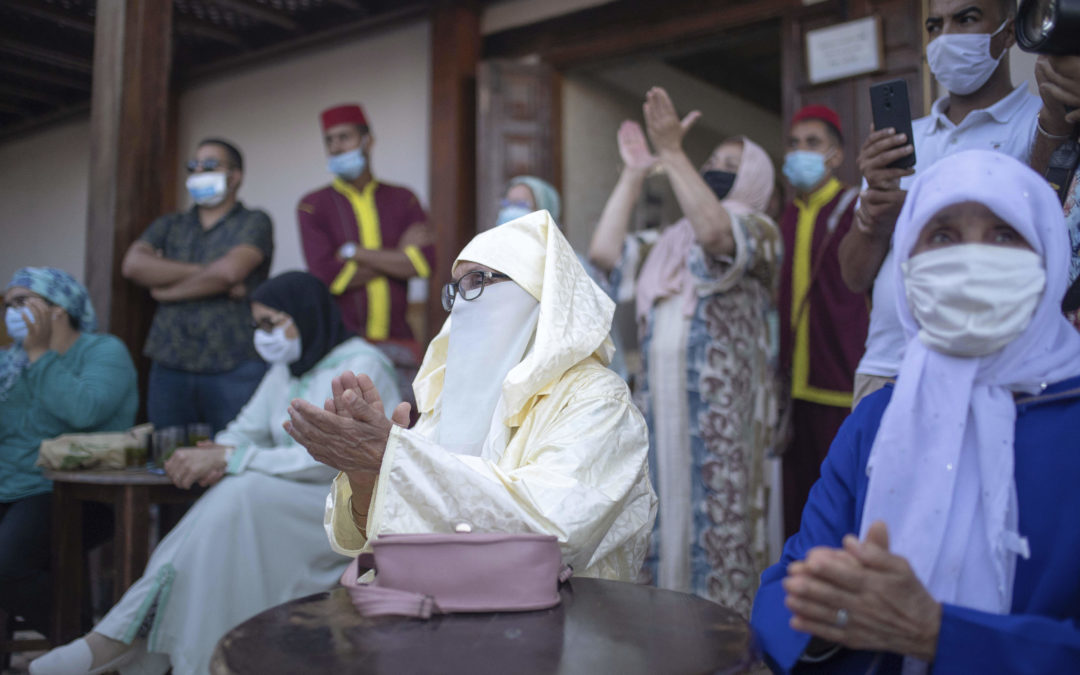
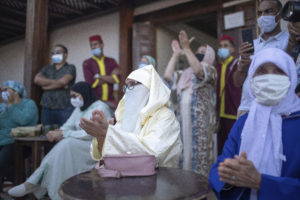
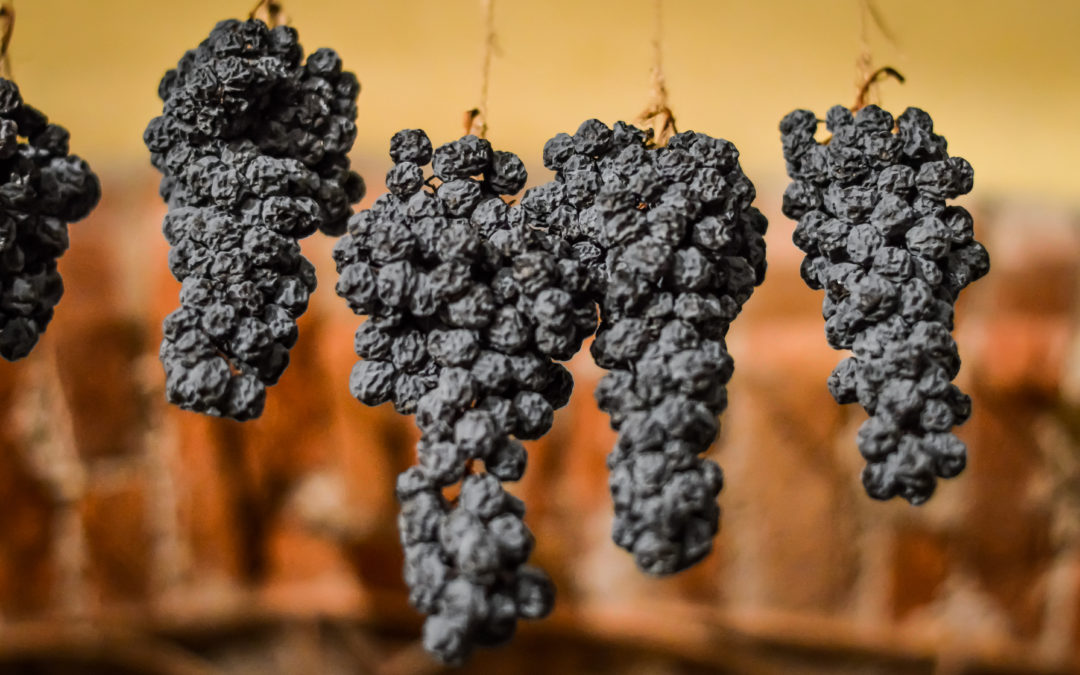
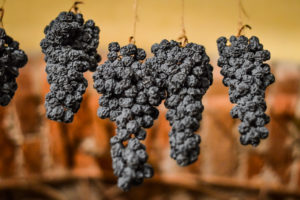
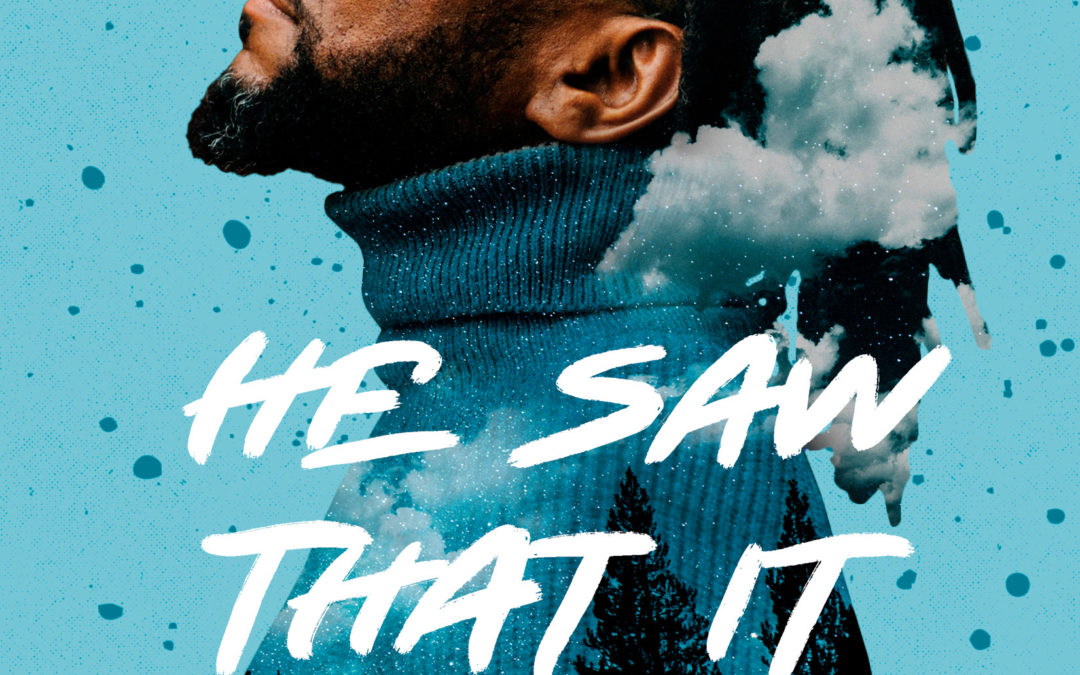
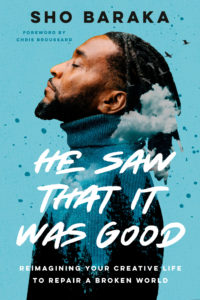 As our world becomes more divided and we seek to reconcile with ourselves and our neighbors we know we need God more than ever. But how can we hear and follow God in the midst of our fractured reality in ways that are faithful and life-giving? UrbanFaith sat down with the artist, activist, and creative
As our world becomes more divided and we seek to reconcile with ourselves and our neighbors we know we need God more than ever. But how can we hear and follow God in the midst of our fractured reality in ways that are faithful and life-giving? UrbanFaith sat down with the artist, activist, and creative 